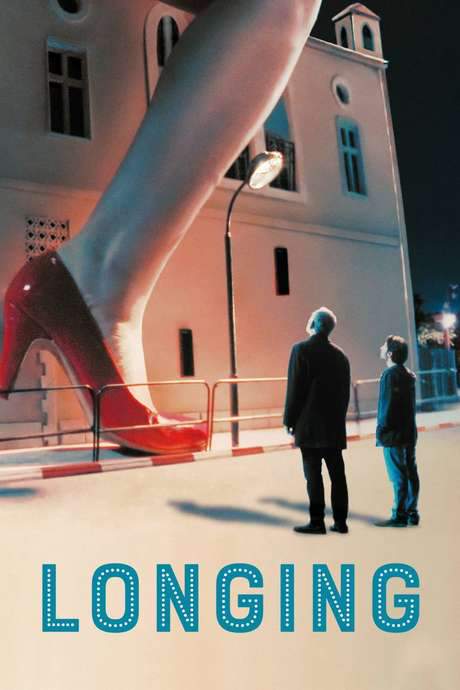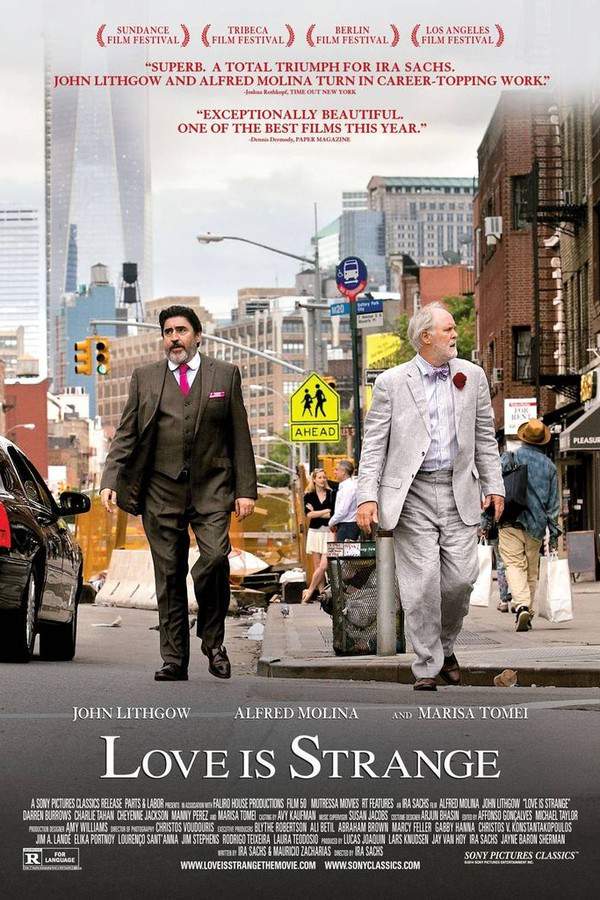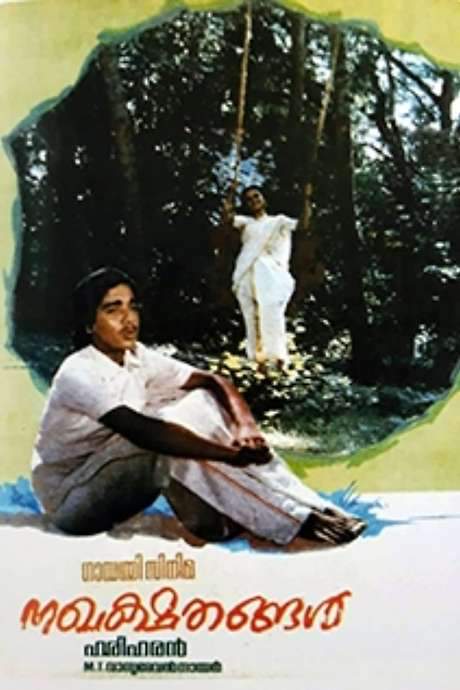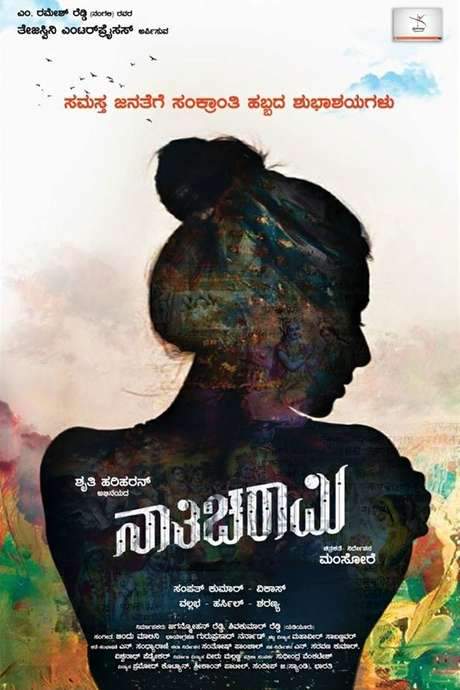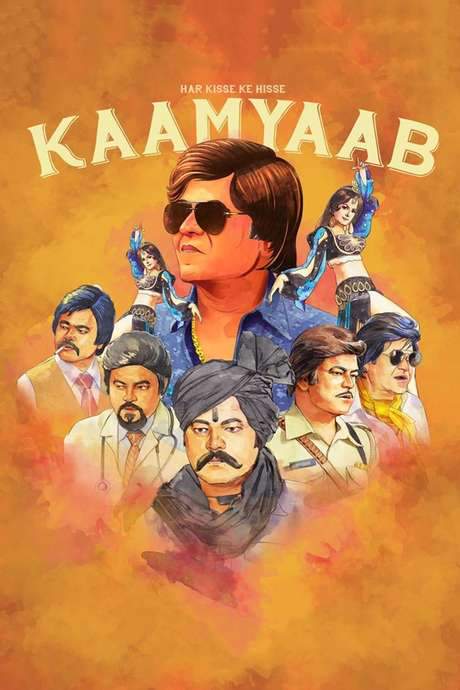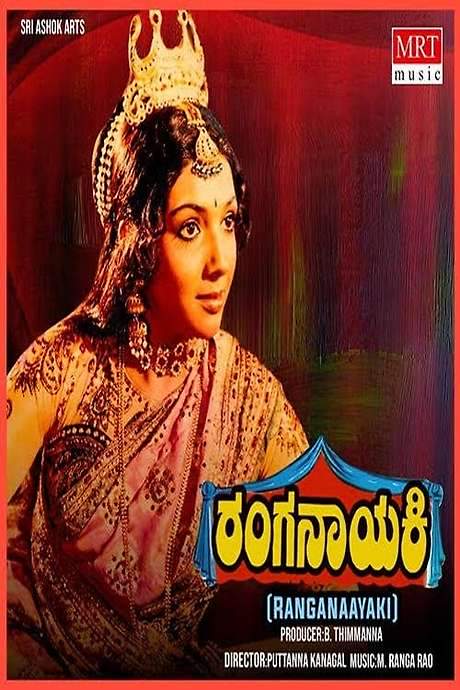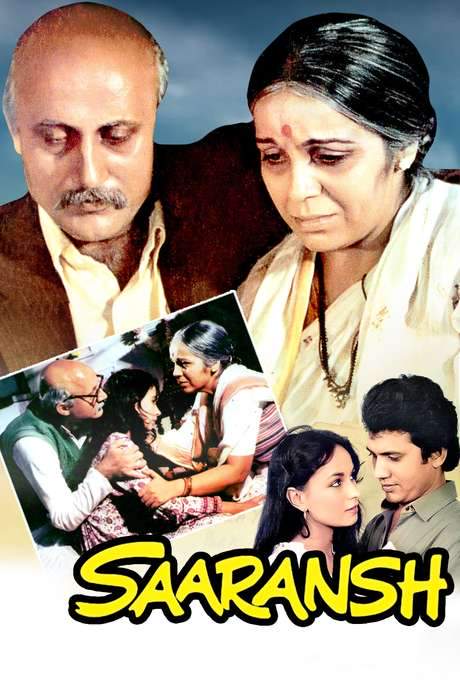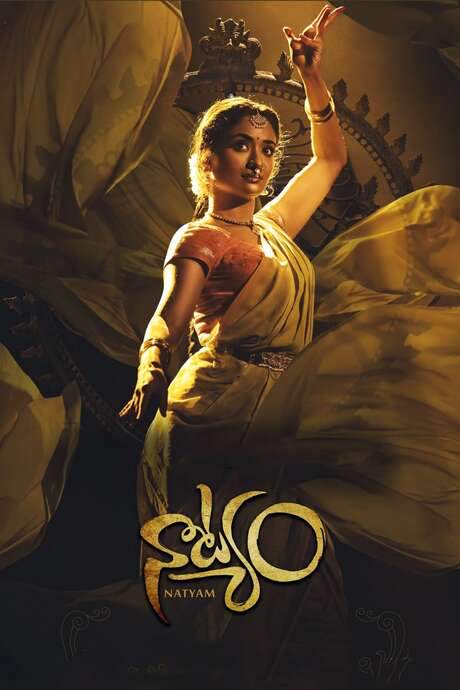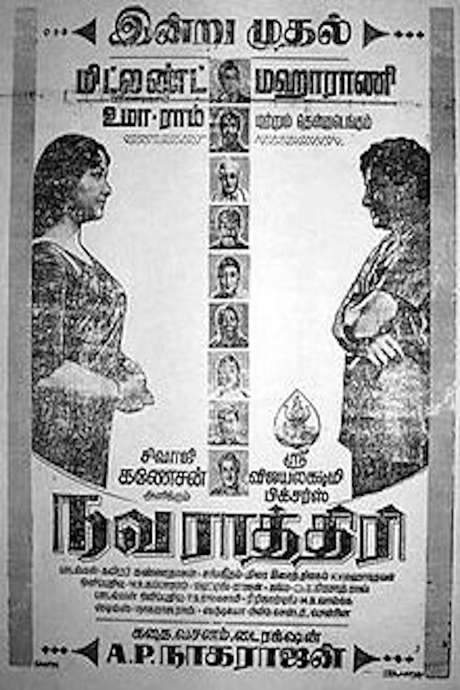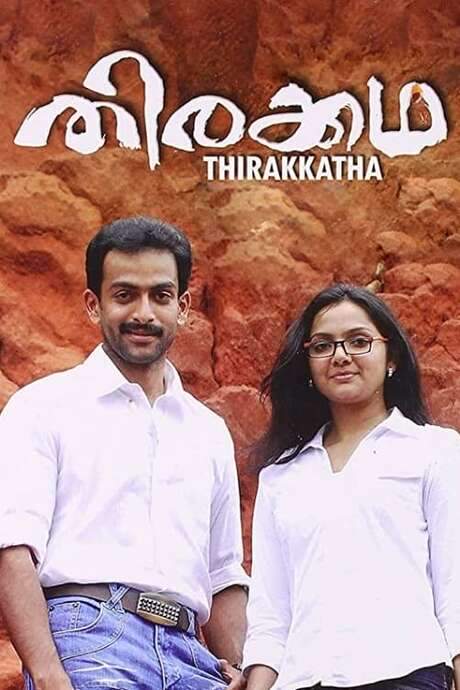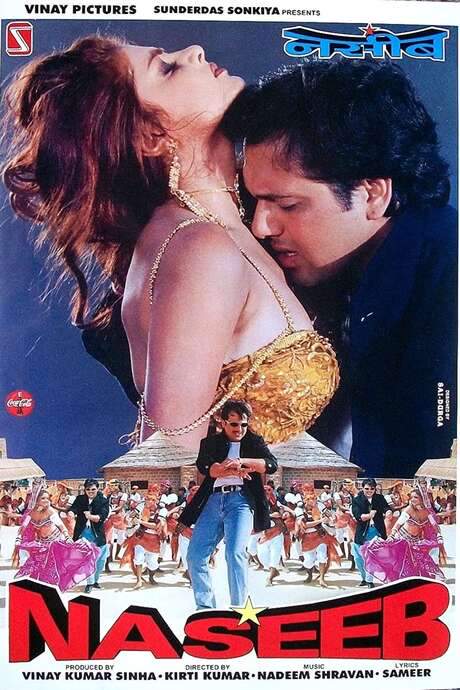
Natsamrat
Year: 2018
Runtime: 130 mins
Language: Gujarati
Director: Jayant Gilatar
The film is the story of an actor who has reached many heights in his career but has to retire from acting at the peak.
Warning: spoilers below!
Haven’t seen Natsamrat yet? This summary contains major spoilers. Bookmark the page, watch the movie, and come back for the full breakdown. If you're ready, scroll on and relive the story!
Natsamrat (2018) – Full Plot Summary & Ending Explained
Read the complete plot breakdown of Natsamrat (2018), including all key story events, major twists, and the ending explained in detail. Discover what really happened—and what it all means.
Appa Manoj Joshi is a renowned veteran of the theatre world, whose career has flourished on stages that proudly echo with classics and the enduring spirit of Shakespearean drama. His name becomes a symbol of craft, discipline, and a life spent in the glow of the spotlight. After years of celebrated performances, he earns the highest honor the stage can offer, a recognition that cements his status as a true Natsamrat.
With a generous heart, Appa distributes his wealth among his children, choosing not to cling to possessions but to let the legacy of his life speak louder than money. He is blunt and unfiltered in his opinions, speaking his mind with a candor that some find brash and others find refreshingly honest. This fearless honesty is something a small circle—primarily his wife Kaveri, whom he affectionately calls “Sarkar,” and his close friend Rambhau—truly understands. To others, his offhand expletives and sharp wit can spark awkwardness and tension, especially when taught to an audience of guests or when his own family grapples with the fallout of his unvarnished truth.
The people closest to Appa—his wife, his son Makrand, and daughter Vidya—tend to react in different ways. Neha, Makrand’s wife, and Neha’s mothering instincts collide with Appa’s theatrical temperament in moments that blur the line between prod and punishment. A tense moment comes when their granddaughter dances a folk routine taught by Appa; Neha’s disapproval blossoms into a larger conflict, testing the fragile balance of family life. The argument that follows pushes Neha toward a plan to separate and move out, a move some interpret as a test of space rather than a severance of love. Appa, sensing the ruse for what it is, chooses a different path, deciding to relocate as well, muting the noise of the outside world by stepping into a space of his own.
Kaveri, his devoted spouse, stands by him with quiet resilience even as their living arrangements shift. The couple relocates to the home of their son-in-law Rahul and daughter Vidya, a place where Appa’s signature frankness continues to surface, sometimes wrapped in humor and other times in raw honesty. Rahul, a thoughtful and considerate engineer, accepts Appa’s manner with a steady indulgence; Vidya, on her side, faces many of the same challenges as Neha, but her husband’s patience and his wife’s resilience keep the family from drifting apart entirely. Yet Appa’s presence remains a catalyst for both warmth and embarrassment, as his poetry and his fearless way of speaking cut through pretenses and expose the truth underneath.
A turning point arrives when Appa’s friendship with Rambhau is revisited after a long separation. Rambhau has suffered a deep heartbreak, having lost his wife Kumud, and his response to Appa’s return is raw and fraught with grief. In a hospital room, a quiet, almost spiritual exchange unfolds—Rambhau, in his fragile state, and Appa, with a performer’s instinct, enact a poignant dialogue about life, longing, and the power of art to carry memory. Appa’s generosity shines as he grants Rambhau a final wish, a moment that underscores the tender humanity behind the public man’s formidable stage presence.
Back in the world of the living, tension resurfaces in the daily rhythms of family life. An incident during Vidya’s anniversary party—when Appa, in an inebriated state, upsets his son-in-law’s boss—fits into a broader pattern: Appa’s unrefined spontaneity clashes with modern professional settings. He offers an apology the next day, but the ripples linger, and Vidya’s doubt about the fit between Appa’s life and their own grows louder. The family’s dynamic shifts again when a mischievous, almost reverent respect for Appa’s talent collides with the harsh realities of aging and duty.
As days turn into nights of quiet hardship, Appa confronts loss on a more personal scale. He and Kaveri eventually depart from the comfort of the city to an old family house in their ancestral village. The journey is heavy with the sense that the grandeur of his former life cannot shield him from loneliness and poverty. They are sustained by the kindness of a boot-polish vendor named Raja, whose generosity mirrors the smaller, humbler scenes that punctuate Appa’s memory of the stage. Appa’s wanderings—through tea stalls where he draws crowds with recitations and remembered lines—reveal a man who, even in decline, seeks to share the fire of his art with strangers who crave a glimpse of fame reborn in the present.
A young admirer, a man named Siddharth, becomes a constant follower—one who reveres Appa as a true actor and believes there is more to the man than meets the eye. Siddharth’s faith in Appa deepens the sense that the theatre never truly leaves its greatest masters, and that the stage itself remains a living memory that can outlive a single lifetime. Appa, wary of living in someone else’s memory or reputation, keeps a careful distance from the claim that he is the Natsamrat, even as Siddharth’s devotion persists.
A devastating blow arrives when news hits that Appa’s cherished theatre has burned down. The loss is more than a physical blaze; it feels like the final curtain on a world where his art had its most honest voice. Siddharth reappears in the aftermath, reinforcing the belief in Appa’s true identity as a historic figure of Indian theatre. Family and Raja converge in a moment of shared longing for a return to the past, but Appa chooses not to return home out of a stubborn insistence on living in the truth of his own solitude. He resists a new life that would require him to deny the long memory of who he once was.
In the climactic sequence, Appa stages a last, intimate performance on a theatre stage, not for an audience of admirers, but for the young believer who has followed him and for the people who have supported him through thick and thin. He speaks of theatre as a craft driven by longing—the ache that fuels performance and the desire to be seen beyond the person he currently is. The moment is both triumph and tragedy: a final act that refuses to let the man fade quietly away. As the performance peaks, Appa clutches his throat and collapses, surrounded by those who care for him. The room fills with the quiet of loss, and the stage—the very space that gave him life—silently takes him back into memory.
What remains is a portrait of a life lived for the stage: the thunder of applause, the burden of fame, and the intimate ache of a man who loved his art so deeply that it shaped every relationship around him. The story ends not with grand resolution but with the enduring question of how memory, reverence, and the sometimes painful truth of aging continue to echo long after the curtain falls.
Last Updated: October 01, 2025 at 13:05
Explore Movie Threads
Discover curated groups of movies connected by mood, themes, and story style. Browse collections built around emotion, atmosphere, and narrative focus to easily find films that match what you feel like watching right now.
Melancholy stories of lost glory like in Natsamrat
Powerful stories of great individuals facing the quiet devastation of life after fame.If you appreciated the poignant exploration of a celebrated actor's decline in Natsamrat, you'll find similar movies here. These films delve into the lives of individuals who have lost their former status, focusing on themes of aging, artistic legacy, and the bittersweet memories of past achievements.
Narrative Summary
These narratives typically follow a linear, downward trajectory, chronicling a character's journey from a position of high status or respect to one of obscurity or hardship. The central conflict is often internal, wrestling with grief, nostalgia, and the struggle to find meaning when one's defining purpose is gone.
Why These Movies?
Movies in this thread share a deeply melancholic tone, a slow, contemplative pacing, and a heavy emotional weight. They are united by the core theme of a 'fall from grace,' focusing on the psychological and emotional impact of losing one's legacy, rather than on external plot-driven events.
Slow-burn character tragedies similar to Natsamrat
Gradual, intimate portraits of a life unraveling, where sadness accumulates quietly.For audiences moved by the gradual, heartbreaking decline of the protagonist in Natsamrat, this collection features movies with a similar narrative rhythm. These are straightforward, heavy dramas where the pacing is deliberate, allowing the full weight of the character's tragedy to settle in.
Narrative Summary
The narrative pattern is one of steady, often inevitable, decline. The plot unfolds without complex subplots, placing the character's internal experience and deteriorating circumstances at the forefront. The ending is typically somber, reflecting the tragic arc that has been building throughout the film.
Why These Movies?
These films are grouped by their shared slow pacing, straightforward narrative structure, and profoundly sad endings. They create a powerful experience through sustained emotional depth and a focus on the devastating realism of a life falling apart piece by piece.
Unlock the Full Story of Natsamrat
Don't stop at just watching — explore Natsamrat in full detail. From the complete plot summary and scene-by-scene timeline to character breakdowns, thematic analysis, and a deep dive into the ending — every page helps you truly understand what Natsamrat is all about. Plus, discover what's next after the movie.
Natsamrat Timeline
Track the full timeline of Natsamrat with every major event arranged chronologically. Perfect for decoding non-linear storytelling, flashbacks, or parallel narratives with a clear scene-by-scene breakdown.

Characters, Settings & Themes in Natsamrat
Discover the characters, locations, and core themes that shape Natsamrat. Get insights into symbolic elements, setting significance, and deeper narrative meaning — ideal for thematic analysis and movie breakdowns.

Natsamrat Spoiler-Free Summary
Get a quick, spoiler-free overview of Natsamrat that covers the main plot points and key details without revealing any major twists or spoilers. Perfect for those who want to know what to expect before diving in.

More About Natsamrat
Visit What's After the Movie to explore more about Natsamrat: box office results, cast and crew info, production details, post-credit scenes, and external links — all in one place for movie fans and researchers.

Similar Movies to Natsamrat
Discover movies like Natsamrat that share similar genres, themes, and storytelling elements. Whether you’re drawn to the atmosphere, character arcs, or plot structure, these curated recommendations will help you explore more films you’ll love.
Explore More About Movie Natsamrat
Natsamrat (2018) Scene-by-Scene Movie Timeline
Natsamrat (2018) Movie Characters, Themes & Settings
Natsamrat (2018) Spoiler-Free Summary & Key Flow
Movies Like Natsamrat – Similar Titles You’ll Enjoy
Seethakathi (2018) Ending Explained & Film Insights
Nathicharami (2018) Movie Recap & Themes
My Last Film (2002) Spoiler-Packed Plot Recap
Kaamyaab (2018) Story Summary & Characters
Ranganayaki (1981) Story Summary & Characters
Nayam Vyakthamakkunnu (1991) Full Movie Breakdown
Saaransh (1984) Movie Recap & Themes
Tabarana Kathe (1986) Detailed Story Recap
Vasanthi (2021) Plot Summary & Ending Explained
Natyam (2021) Full Movie Breakdown
Naseem (1995) Complete Plot Breakdown
Navarathiri (1964) Complete Plot Breakdown
Thirakkatha (2008) Full Summary & Key Details
The Actor (1993) Full Summary & Key Details
Naseeb (1998) Movie Recap & Themes












